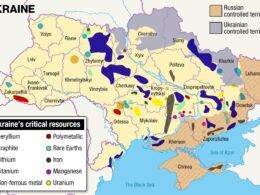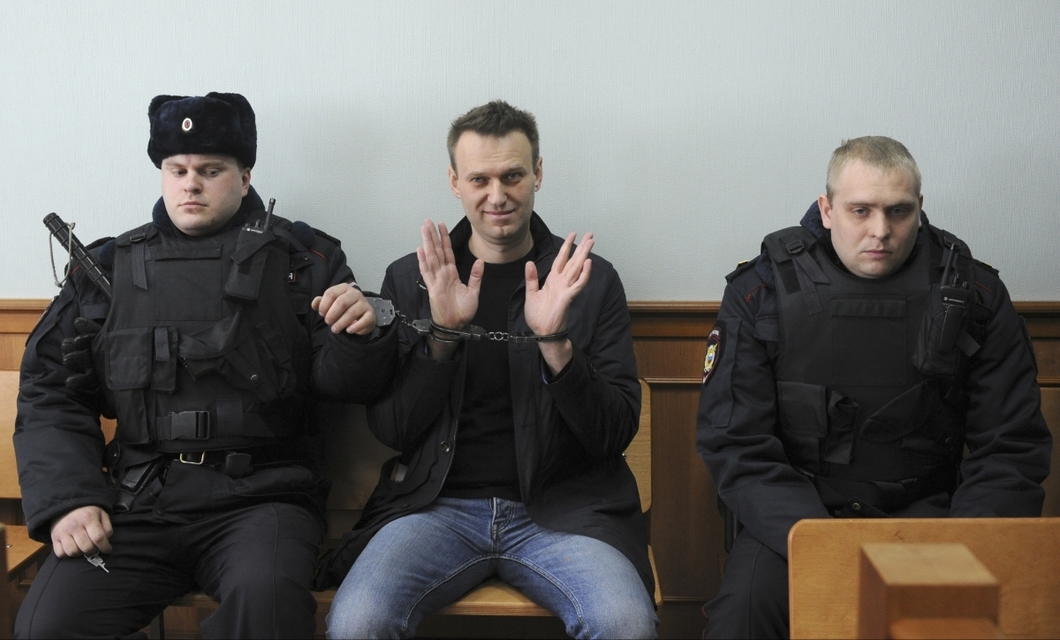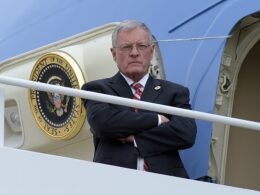US President Donald Trump announced on 13 February that Ukraine would be involved in peace talks with Russia, following his first publicly acknowledged call with Russian President Vladimir Putin since Russia's full-scale invasion in February 2022.
Reuters reports that Trump told reporters at the White House that Ukraine would have a seat at the table during peace negotiations.
"They're part of it. We would have Ukraine, and we have Russia, and we'll have other people involved, a lot of people," Trump said.
The US President said he trusts Putin regarding the peace talks:
"I believe that he would like to see something happen. I trust him on this subject," he said, Trump said, who stated earlier that he believed both Putin and Zelenskyy wanted peace.
Earlier, Ukrainian President Volodymyr Zelenskyy expressed caution, stating,
"We, as a sovereign country, simply will not be able to accept any agreements without us."
According to Reuters, Trump suggested meetings would take place in Munich on 13 February and Saudi Arabia next week. The United Arab Emirates has also offered to host peace talks.
European officials expressed strong reservations about Trump's peace overture. European foreign policy chief Kaja Kallas warned that "any quick fix is a dirty deal." An unnamed European diplomatic source told Reuters that ministers had agreed to engage in a "frank and demanding dialog" with US officials at the Munich conference that starts today.
While the Trump administration initially suggested Ukraine's NATO membership and pre-2014 borders were unrealistic goals, a senior US official later contradicted these statements, saying neither option had been ruled out.
Russian Response Kremlin spokesperson Dmitry Peskov said Russia was "impressed" by Trump's willingness to seek a settlement, adding that while Ukraine would participate in peace talks, there would also be a bilateral negotiation track between the United States and Russia.
Sam de Bendern, associate fellow at Chatham House and former NATO Ukraine officer, told BBC that Trump's approach gives Putin what he wants.
"The statements that have been coming out of various US officials in the past few days are striking in one thing - they are using elements of language that is exactly what Vladimir Putin has been saying for years," de Bendern said.
Russia seized Ukraine's Crimea peninsula and captured parts of two regions in the east in 2014, before its full-scale invasion in 2022. Ukraine's counteroffensive efforts in 2023 were unsuccessful, and amid the six-month delay in approving the military aid by US Congress, started losing more territory to Russia.
Related:
- “If Russia couldn’t beat Ukraine in 2022, why would it win now?” A defiant voice amid despair
- Trump’s neo-Morgenthau plan for Ukraine is a threat to free Europe
- Munich Security Conference 2025 opens with focus on Ukraine peace prospects
- Peace at what price? Bloomberg maps three ways Ukraine war could end
- Trump refuses to call Ukraine an equal participant in peace talks
- US Defense Secretary Pete Hegseth rejects suggestions of early concessions to Putin
- Zelenskyy to Trump: Putin pretends to want peace because he’s “afraid of you”
- German Chancellor on US-Russia negotiations: We will never accept a dictated peace
- “Shame on the Trump Administration.” Former security advisor slams president’s “surrender” on Ukraine
- Trump claims Ukraine “essentially agreed” to give US access to its rare earth minerals




